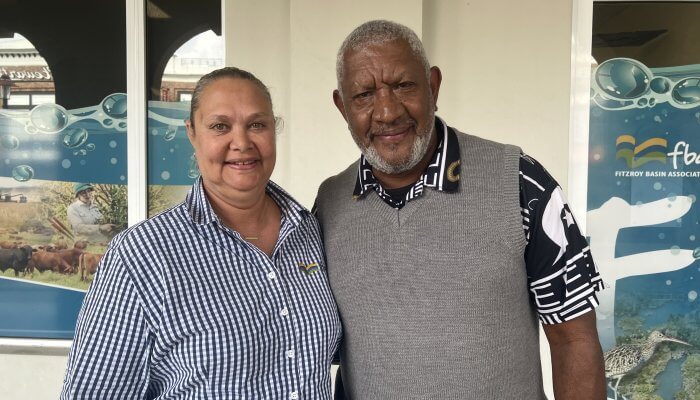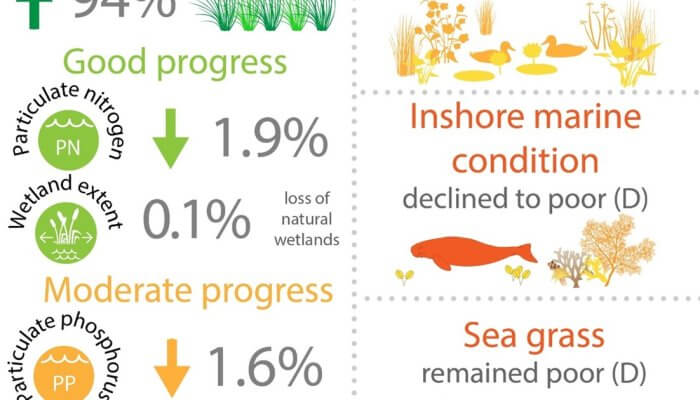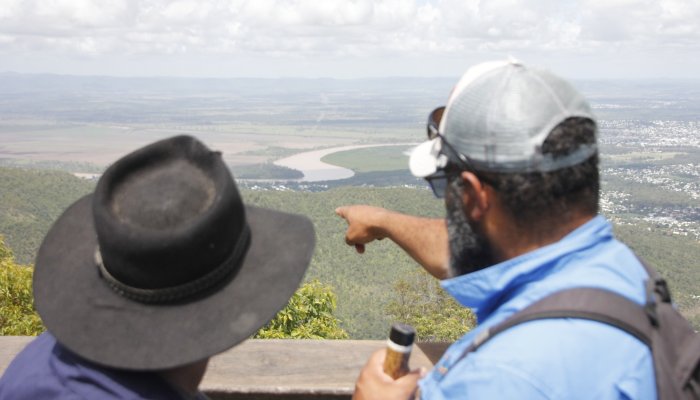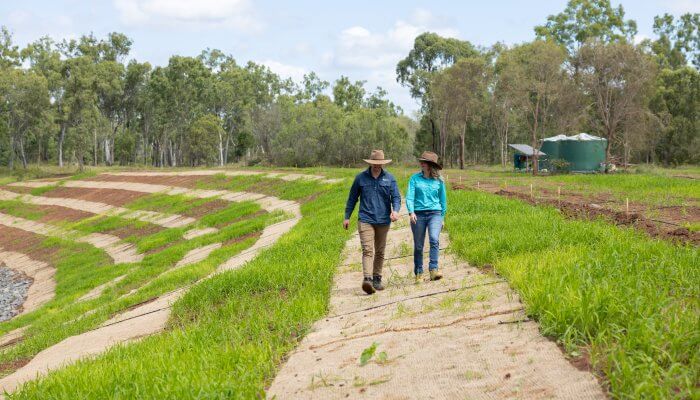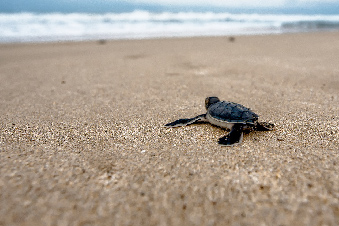
Help Marine Turtles Survive this Nesting Season
Posted on November 20th, 2018
Marine turtles have roamed the oceans and beaches for over 150 million years. Over this time, they have shared time and space with many different creatures including dinosaurs, however, now they face far bigger threats and need your help.
Struggling to survive, all seven species of the world’s marine turtles are classified as either vulnerable to extinction or endangered. There are many ways that people can help sea turtles, but central Queenslanders (especially those who frequent the beach) have a bigger role to play.
Central Queensland is home to four of the world’s seven species of marine turtles, and November marks the start of their nesting season. Starting now until early next year, turtles will be slowly but surely emerging out of the ocean and onto our doorsteps. To help the next generation of turtles survive this year’s nesting season here is how you can help.
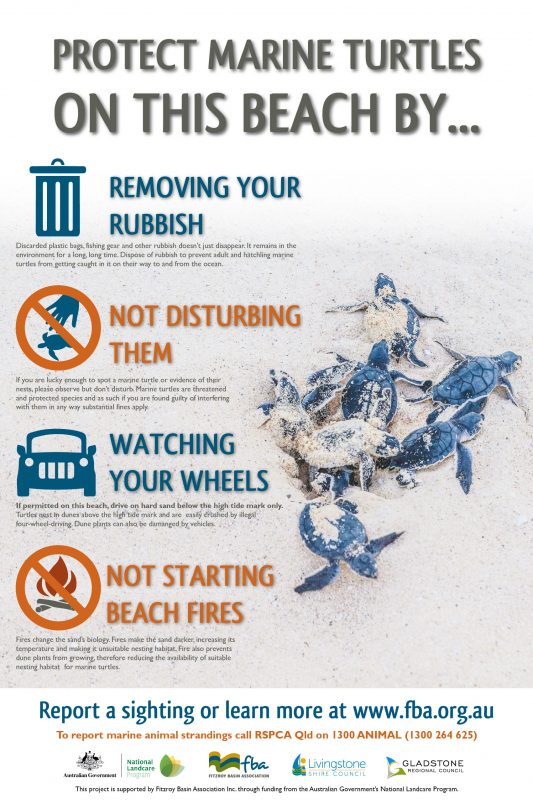 |
Observe but don’t disturb If you’re lucky enough to spot a marine turtle (or evidence of a nest) observe but don’t disturb. Queensland became the first jurisdiction in the world to protect all marine turtle species within its borders and as such anyone found interfering with them in any way will face substantial fines.Watch your wheels For those beaches where four-wheel-driving is permitted, drive on the hard sand below the high tide mark only. Turtles nest in dunes above the high tide mark and are easily crushed under the weight of a vehicle. Plus, the tyre marks left behind creates a mountainous climb not a nice flat walk for the nesting turtles. This climb uses up more of the turtles, energy and reduces its chance of survival.Remove your rubbish By now most people have been shocked by the image of a sea turtle with a plastic straw stuck up its nose, however, the damage that rubbish does on marine life doesn’t stop there. Discarded plastic bags, fishing tackle and other rubbish doesn’t just disappear – it remains in the environment for a long, long time. By disposing of rubbish correctly, you can actively prevent adult and hatchling turtles from getting caught on their way to and from the ocean.No beach fires Beach fires change the sand’s biology making the sand darker, increasing its temperature and making it an unsuitable nesting habitat. Turtles also prefer the dark, associating light with humans. Beach fires can deter turtles from laying their eggs and wasting more energy in finding another location to lay. |
Report any sightings
If you spy a turtle, turtle tracks or a nest report it to us. We work hard to monitor and protect special places and animals in the Fitzroy region including marine turtles. Last nesting season, we in conjunction with Team Turtle CQ volunteers protected 22 nests and hope to look after even more this year.





